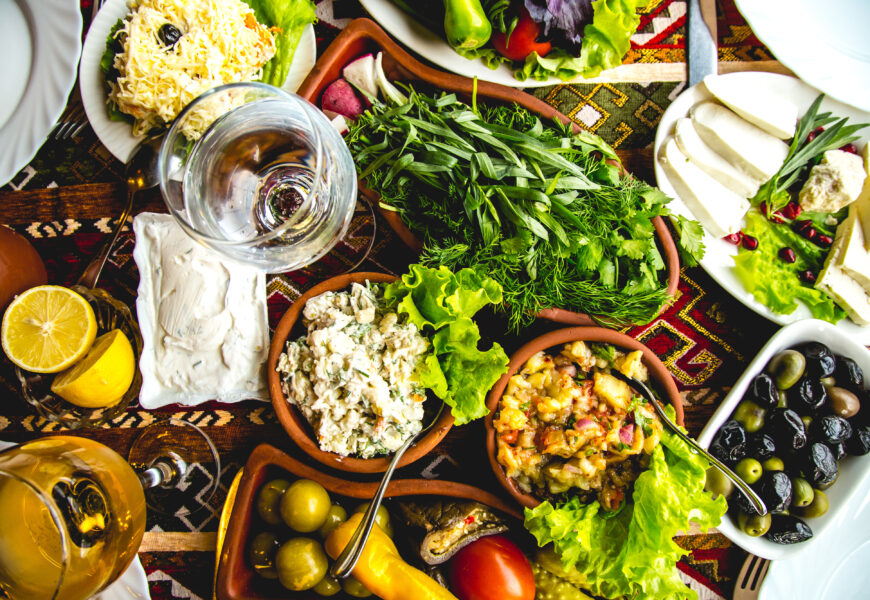In a world where fad diets come and go faster than the seasons, the Mediterranean diet stands as a beacon of timeless wisdom. Rooted in the culinary traditions of Mediterranean countries bathed by the azure waters of the Mediterranean Sea, this diet has captured the hearts and appetites of health-conscious individuals worldwide.
Yet, as with any popular concept, myths and misconceptions abound. In this blog post, we’ll embark on a delightful culinary journey to uncover the truth behind 10 common Mediterranean diet myths, armed with the knowledge to separate fact from fiction.
Understanding The Mediterranean Diet

The Mediterranean diet is more than just a diet; it’s a lifestyle deeply rooted in culture, tradition, and science. At its core, it emphasizes the consumption of whole, unprocessed foods that have been staples of Mediterranean cuisine for generations.
Inspired by the traditional dietary patterns of countries bordering the Mediterranean Sea, such as Greece and southern Italy, Spain, and southern France, this diet emphasizes fresh, wholesome foods and has garnered attention for its numerous health benefits.
This diet is rich in fruits, vegetables, whole grains, lean proteins, healthy fats (such as extra virgin olive oil), and an abundance of herbs and spices. It also encourages moderate consumption of red wine and places minimal emphasis on processed foods, sugars, and unhealthy saturated fat.
Myth 1: Olive Oil Is The Only Source Of Fat
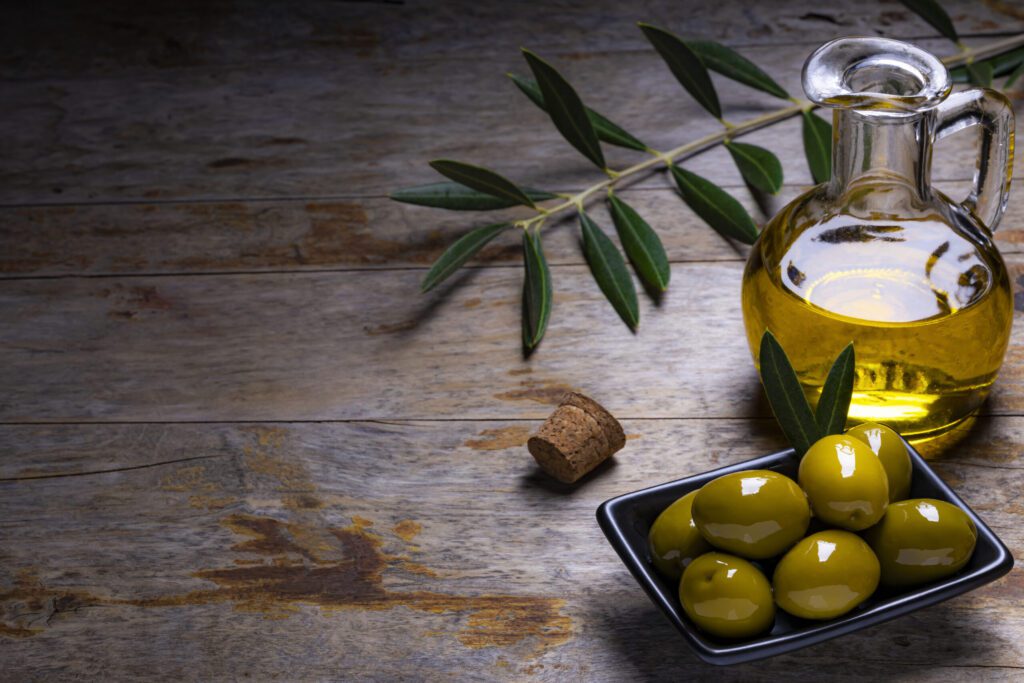
Reality: While olive oil is indeed a cornerstone of the Mediterranean diet, it’s essential to dispel the notion that it’s the only source of healthy fats. Nuts, seeds, avocados, and fatty fish like salmon and mackerel also provide essential omega-3 fatty acids, contributing to heart health and overall well-being. The Mediterranean region celebrates a rich variety of healthy fats, making the diet not only nutritious but also indulgently flavorful.
Myth 2: All Carbs Are Banned
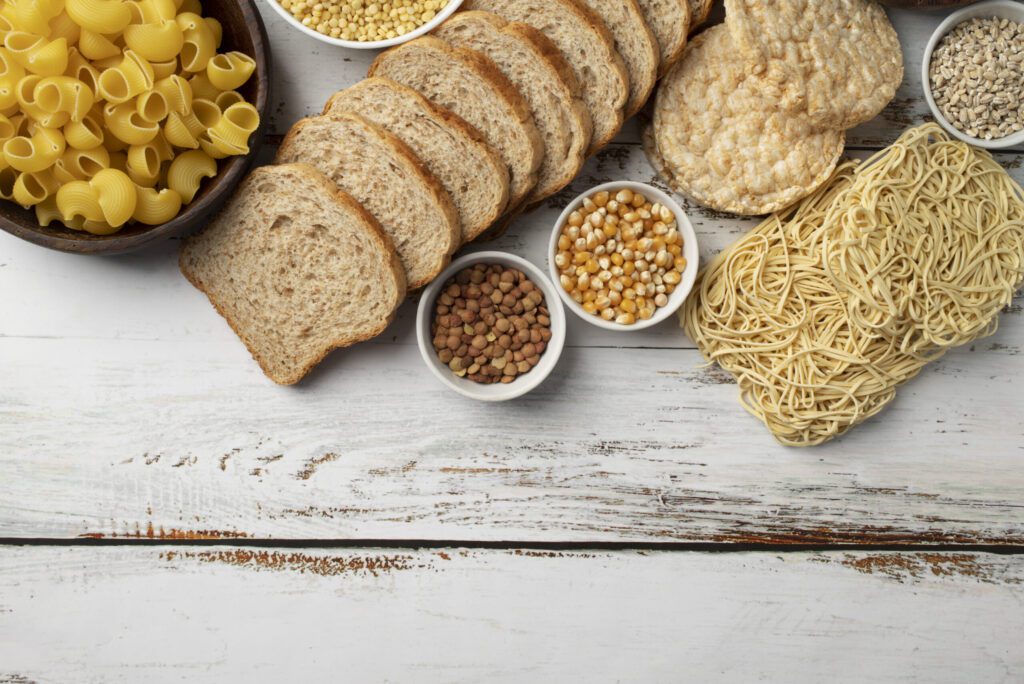
Reality: Banishing the myth that the Mediterranean diet is a low-carb regimen, let’s celebrate the truth—whole grains are embraced with open arms. Ancient grains like quinoa, farro, and bulgur are rich in fiber, vitamins, and minerals. They promote digestive health, sustained energy, and reduced risk of chronic diseases. The Mediterranean diet’s foundation is built on these wholesome carbohydrates, standing as a testament to its holistic approach to nutrition.
Myth 3: Red Wine Is Mandatory

Reality: Amidst the romantic imagery of a Mediterranean sunset, the myth of mandatory red wine consumption has been perpetuated. While moderate red wine consumption has been linked to potential health benefits due to its polyphenol content, it’s not an obligatory part of the diet.
It’s more about embracing the lifestyle than adhering to a specific beverage. For those who choose not to consume alcohol, fear not—grape juice and herbal teas also elegantly fit the bill.
Myth 4: It’s All About The Food
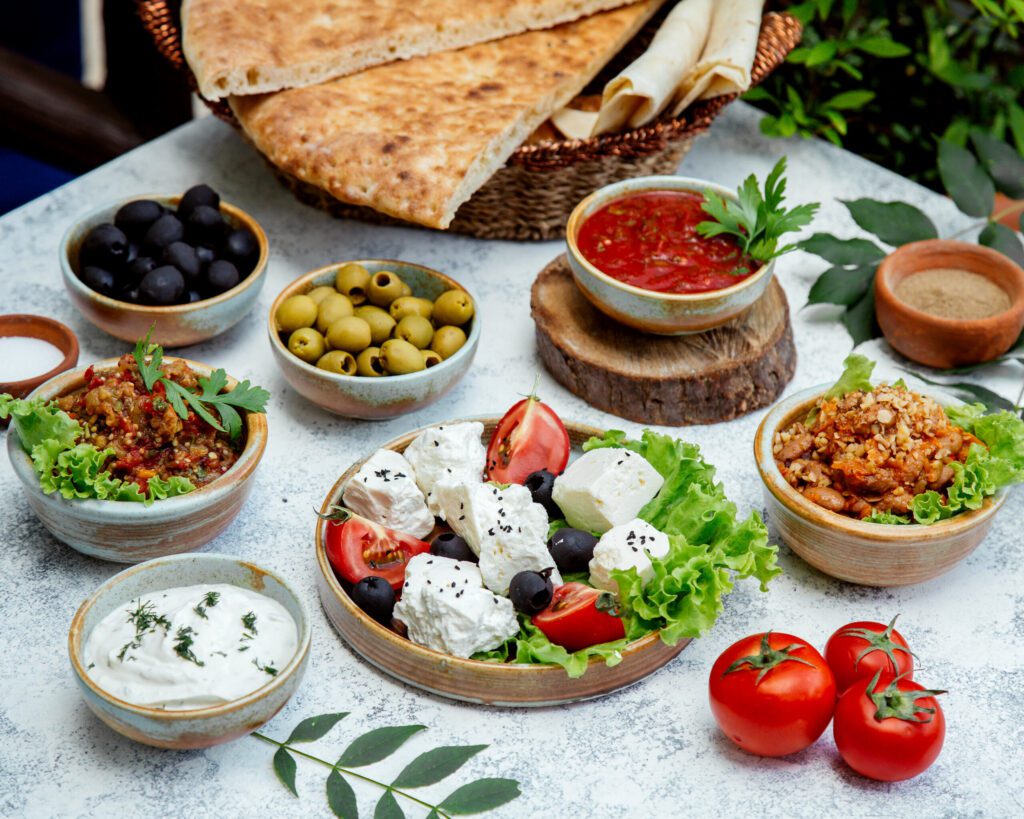
Reality: To truly understand the Mediterranean diet, we must broaden our perspective beyond the plate. It’s not just about the food; it’s a lifestyle that encompasses social connections, physical activity, and stress reduction.
Picture leisurely strolls along sun-kissed shores, invigorating yoga sessions, and the warmth of shared meals with loved ones. This holistic approach to well-being is the true heart of the Mediterranean lifestyle.
Myth 5: The Mediterranean Diet Is Expensive
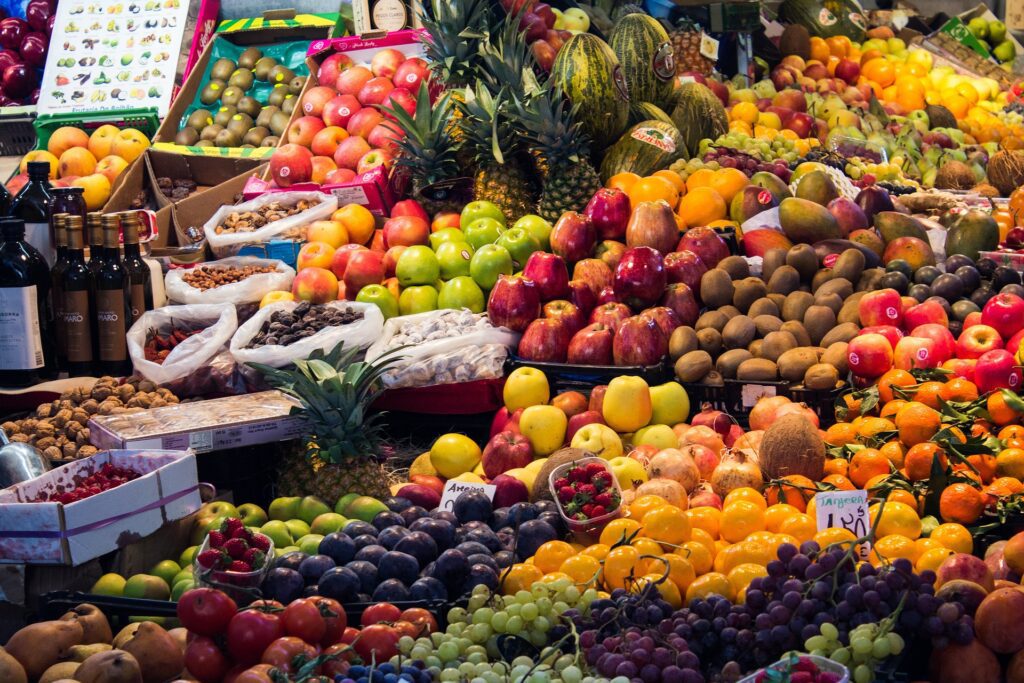
Reality: While it’s true that Mediterranean ingredients like olive oil, nuts, and seafood can be on the pricier side, the diet’s emphasis on seasonal, local produce can actually make it remarkably budget-friendly.
The Mediterranean region has long thrived on simple, nourishing foods that don’t break the bank. Grains, legumes, and seasonal vegetables form the foundation of this diet, ensuring that it remains accessible to a wide range of budgets.
Myth 6: Dairy Is Excluded
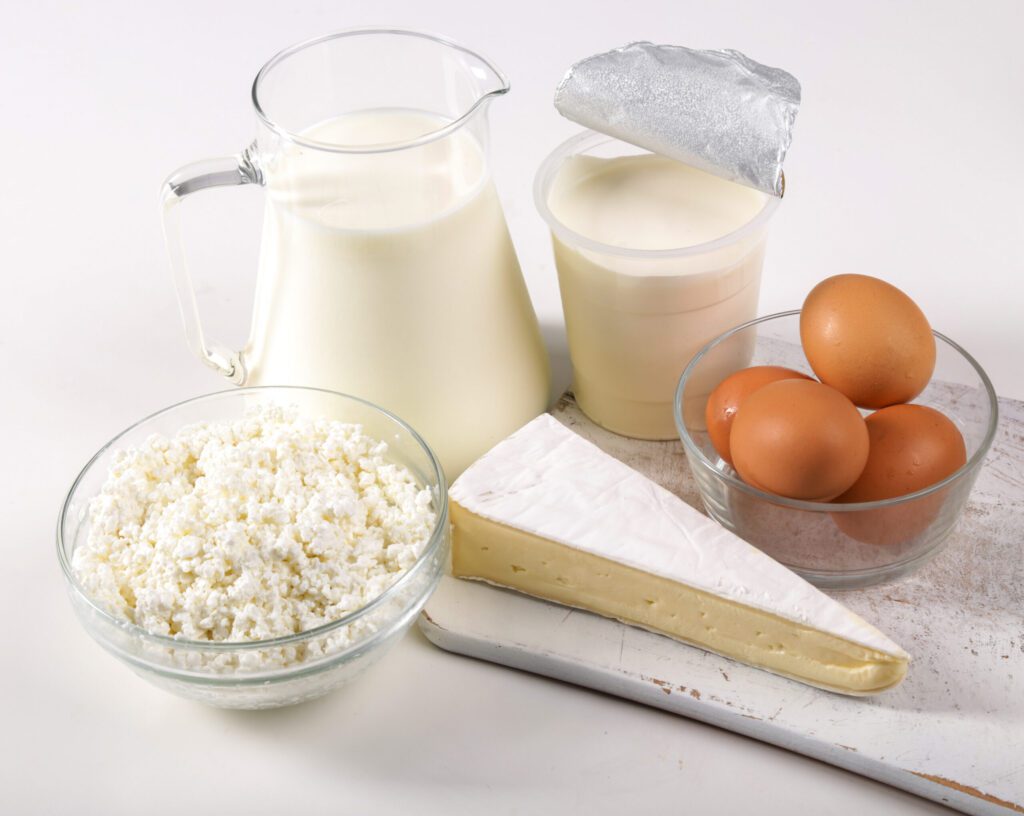
Reality: Let’s unravel the myth that dairy is entirely shunned in the Mediterranean diet. Dairy products like cheese and yogurt have a respected place in this culinary tradition, albeit in moderation.
They provide essential nutrients such as calcium and protein. Opting for Greek yogurt or varieties rich in probiotics brings an extra health dimension to this vibrant diet.
Myth 7: No Sweets Or Desserts Allowed

Reality: The Mediterranean diet’s nuanced approach to sweets is a far cry from the notion of total exclusion. It doesn’t eliminate dessert but rather transforms it.
Fresh, succulent fruits, drizzled with a touch of golden honey and sprinkled with crunchy nuts, epitomize the diet’s philosophy. This approach celebrates natural sugars and embraces the concept of mindful indulgence.
Myth 8: It’s Complicated And Time-Consuming

Reality: As we journey into the heart of the Mediterranean diet, we debunk the misconception that it’s a complicated and time-consuming endeavor. In truth, many Mediterranean meals embody the essence of simplicity.
Dishes are crafted using fresh, quality ingredients and traditional cooking methods. Imagine one-pot stews brimming with rich flavors, succulent grilled fish, and vibrant salads that burst with life—delicious simplicity at its finest.
Myth 9: No Meat Allowed
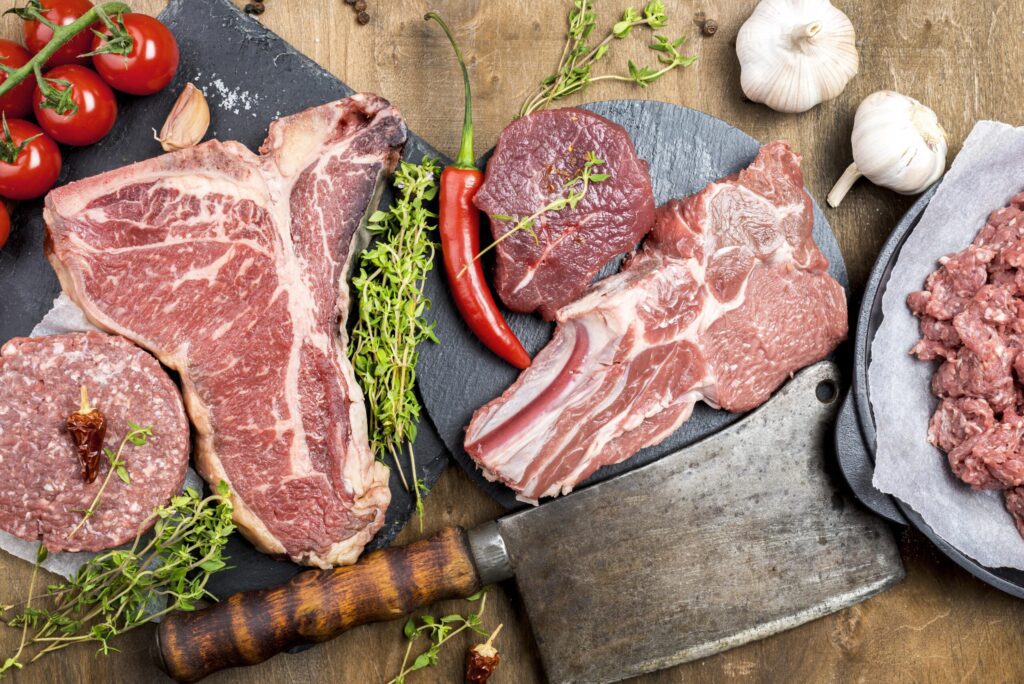
Reality: The Mediterranean diet isn’t about excluding meats but rather advocating for moderation and lean choices. Poultry, lean cuts of meat, and even occasional red meat can harmoniously coexist within the diet.
However, the real stars of this culinary landscape are plant-based protein sources like beans and legumes, showcasing the diet’s commitment to both personal and planetary health.
Myth 10: Weight Loss Is Guaranteed

Reality: The Mediterranean diet’s reputation for facilitating weight management is well-founded, yet it’s crucial to dispel the myth that it guarantees weight loss.
Portion control and overall calorie intake remain important factors in any dietary journey. The Mediterranean diet is a lifestyle that fosters long-term well-being, emphasizing a holistic approach over quick fixes.
Final Thoughts
In a world swamped with dietary misinformation, the Mediterranean diet emerges as a beacon of nutritional wisdom, guiding us toward a more balanced and fulfilling way of life.
By debunking these 10 myths, we’ve illuminated the true essence of this wholesome lifestyle. It’s about embracing a holistic approach to health, nourishing both body and soul through a symphony of flavors, colors, and traditions.
So, as you savor a plate of fresh vegetables drizzled with golden olive oil or delight in the sweetness of a perfectly ripe fig, remember that you’re not just enjoying a meal—you’re partaking in a time-honored journey toward well-being.

